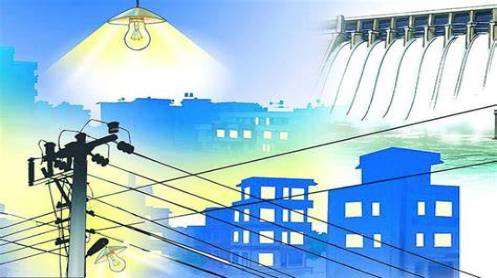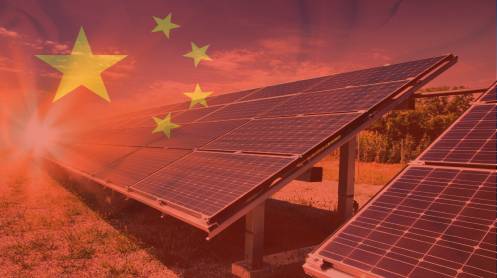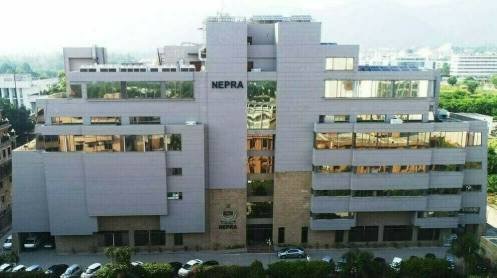ISLAMABAD: The Oil and Gas Regulatory Authority (Ogra) has stressed the need for careful evaluation before allocating Re-gasified Liquefied Natural Gas (RLNG) to the domestic sector, warning of legal, financial, and policy implications.
In its comments on a Petroleum Division summary titled “Relaxation of Moratorium for Provision of New Domestic Connections on RLNG” — submitted to the Cabinet Committee on Energy (CCoE) — Ogra agreed to lifting the moratorium but highlighted several concerns. It pointed out that RLNG is priced at Rs3,600–4,000 per MMBTU, far higher than indigenous gas tariffs, while LPG consumers pay between Rs4,705 and Rs5,500 per MMBTU. Ogra recommended that these price differences be publicly disclosed to ensure informed consumer consent.
The regulator cautioned that declaring older applications for indigenous gas null and void could trigger litigation, though it acknowledged that higher RLNG costs may encourage energy conservation and limit overall gas consumption.
The Petroleum Division’s framework proposes prioritising applicants who have already paid connection fees for indigenous gas, subject to payment of security differentials and signing of RLNG contracts. It also allows up to 50% of annual RLNG connections to be processed on an urgent-fee basis, with delivery within three months. Moreover, disconnected domestic consumers with over a year’s lapse would be reconnected only under RLNG contracts.
The Ministry of Planning supported the proposal in principle, citing surplus RLNG availability due to falling demand from power plants and industries. However, it urged reconsideration to allow applicants on the existing merit list to opt for RLNG connections before nullifying earlier applications.
The Planning Ministry also warned that ad-hoc reliance on RLNG could worsen Pakistan’s energy trade deficit, already exceeding $20 billion. With indigenous gas supplies shrinking and rigid take-or-pay LNG contracts, the import bill could rise by $6–8 billion annually by 2030.
It emphasised the need for long-term reforms, including incentivising local exploration, improving infrastructure, renegotiating LNG contracts for seasonal flexibility, curbing flaring from marginal fields, and expanding Floating Storage and Regasification Unit (FSRU) capacity to secure affordable and sustainable energy supplies.
Story by Mushtaq Ghumman







